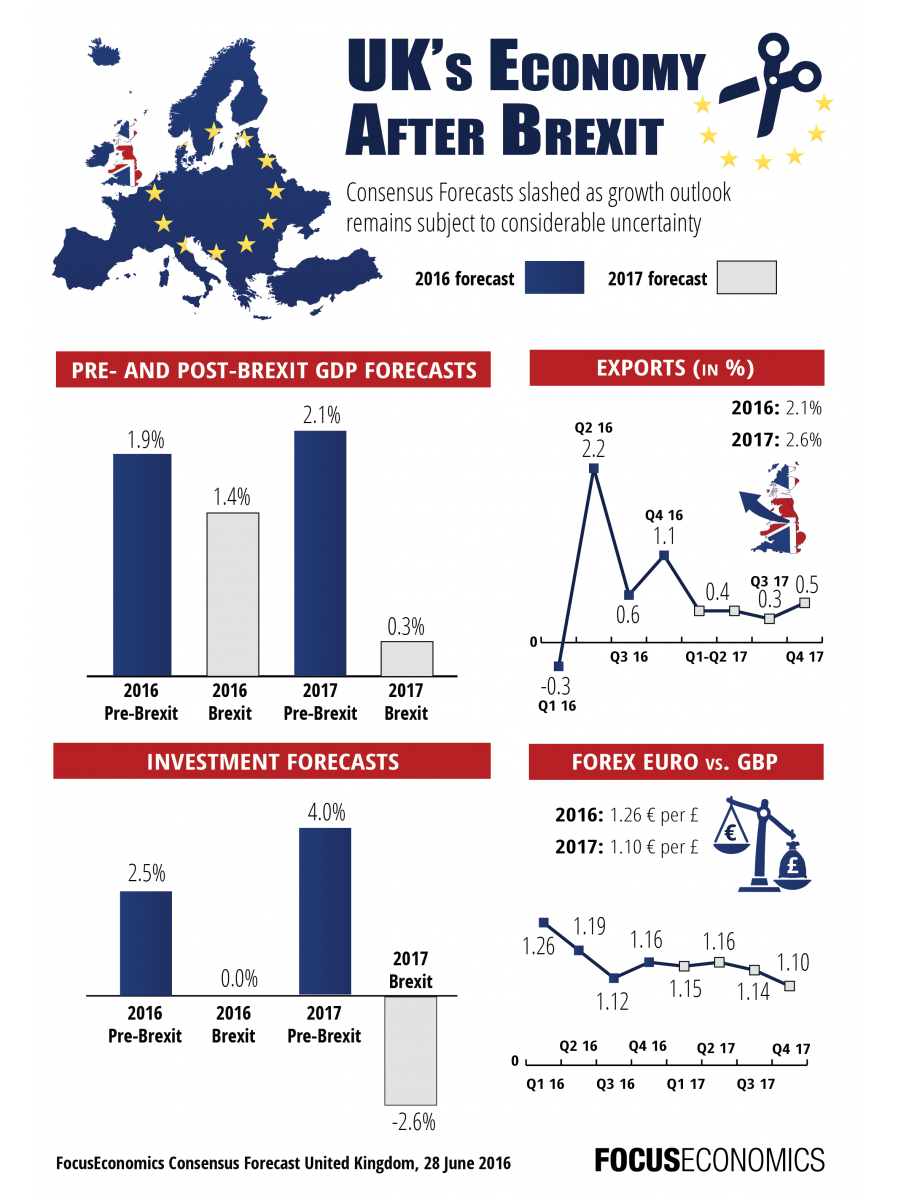
The same is true for executives in numerous organisations, as September is the typically the time to start the annual Corporate Planning process.
Whether it’s called the Operating Plan or the Strat Plan, it’s the familiar 2-3 year view of the market and development of key strategic initiatives for the organisation, leading to the detailed budgeting and forecasting process towards year end.
And, as with all things familiar, for some it comes around with the same sense of dread and trepidation. For others, most likely with an analysis and planning persuasion, it’s an exciting period of reflection, review and forward thinking.
So, what will be different this year?
Divergent views
There is a diverse range of views on several topics from the state of the economy, business and consumer confidence and inevitably, Brexit. Arguably the breadth of perspectives is broader than usual.
For example, employers currently have equal and opposite views on the UKs economic trends. A survey of 601 employers by the Recruitment and Employment Confederation (REC) found 31% expect the economy to worsen, while 28% expect it to improve.
Any conversation in any office revolving around Brexit will bring up equally differing opinions on the outlook of the UK.
“There is a huge disparity between the overwhelming majority of economists that say we would be worse off with Brexit and the handful that say otherwise”- David Blanchflower, Professor of economics at Dartmouth College, New Hampshire, and member of the Bank of England’s monetary policy committee from June 2006 to May 2009.
There are other favourable economic indicators: unemployment is low, as are interest rates, and therefore the cost of money is accessible for potential business investment. In contrast, there are several unfavourable indicators giving cause for concern.
“Inflation has risen because the pound has fallen, and this is squeezing consumers’ purchasing power.” – Andrew Sentence,Senior Economic Adviser at PwC. At the same time consumer debt is rising over wage increases.

To add to this backdrop, there is material disruption in numerous markets as new entrants and new competitors respond to changes in regulation, technology and consumer behaviour and expectations; many of which are converging and placing pressure on traditional and established businesses and business models.
Our recent work in FinTech has seen increased demand for financial institutions to overhaul their legacy-based business models in efforts to deliver on consumer expectations in relation to digital engagement for products and services.
In other sectors, such as Higher education, there are significant pressures including funding, delivering against student expectations as ‘customers’, delivery of value for money, competition to market university places at home and abroad.
We are in a time of not only uncertainty, but significant change and disruption. This places additional pressures on business leaders and how they respond strategically; especially as we approach this year’s planning cycle.
Some businesses will seize on the evident disruption and drive for change to gain market share and growth. Whilst others, perhaps influenced by FDs and CFOs will adopt a more cautious approach and exert a tighter hold on overhead expenditure.
Inevitably there is always a balance between the push for profitable growth and overhead efficiency, although this year and for the next couple of years the degree of uncertainty may lead to more cautious behaviour.
We all know that profitable revenue growth is impossible to guarantee, especially when compared to the certainty of overhead savings in the P&L.
So what?
The philosophy we put forward is that leaders can be, and benefit from being more strategically pro-active and agile in uncertain times. Arguably the more successful firms are those that will not hide away from external change but actively explore it and analyse options.
Strategy development is really about creating a clear and internally consistent picture of the business that the leaders want it to be.
Strategic planning is about clarifying the medium-term roadmap that will build that business, prioritising the allocation of scarce resources, organising and scheduling key activities and tasks and doing the maths to reassure the executives, boards and investors that it’s affordable and will deliver the right commercial returns.
Both strategy development and strategic planning become more complex when the external environment is hard to read, predict and forecast. This is one of the reasons that uncertainty breeds indecision, delays in green-lighting investments and the implementation of growth plans… how often do we hear the phrase “uncertainty is bad for business”?
But as external complexity and uncertainty increases it means there is even more value to be gained from management clarity… it also means that one of the key competencies management teams benefit from is being brilliant at responding to stuff.
This is a competency that can be deliberately supported through a strategic planning approach that embraces external uncertainty – identifying a range of possible future scenarios, considering the business’ optimal response to these in advance, and identifying the early indications that will show which scenario is actually manifesting can all be parts of the strategic planning process which will help a business thrive, by design, in uncertain times, and steal a march on less well prepared and slower competitors.
Strategic planning can often be seen as a discipline to help increase certainty and detail from a narrow range of options. We believe proactive and agile strategy development and implementation is also highly valuable during periods of increased turbulence and change, with broader options assessed and possible responses considered for the organisation.
Taking that proactive, exploratory and analytical stance in times of uncertainty is certainly one benchmark of strategically and commercially successful companies.
So, just like going back to school for a new year, it all depends on how you approach it and the extent to which you enjoy(ed) the experience… or not!